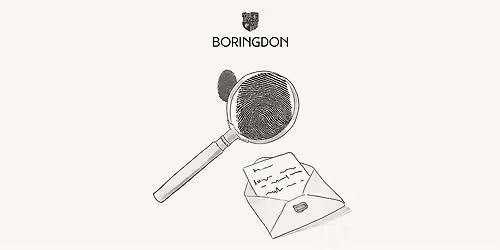 Come and join us for an evening of exquisite music in the Minster Church of St Andrew here in Plymouth.
Come and join us for an evening of exquisite music in the Minster Church of St Andrew here in Plymouth.CARMINA BURANA – origins
The name has Latin roots – “Carmina” means “songs”, while “Burana” is the Latinised form of Beuern, the name of the Benedictine monastery of Benediktbeuern in Bavaria. So, “Carmina Burana” translates as “Songs Of Beuern”, and refers to a collection of early 13th-century songs and poems that was discovered in Beuren in 1803 – although it has since been established that the collection originated from Seckau Abbey, Austria – and is now housed in the Bavarian State Library.
The songs (over 1000 of them) were written in a mix of Latin, German and medieval French by the Goliards, a band of poet-musicians comprising scholars and clerical students, who celebrated with earthy humour the joys of the tavern, dance, nature, love and lust. Although Orff set the original texts, he chose not to use the primitive musical notation that accompanied some of the songs.
Carmina Burana – Carl Orff
Love, sex, drinking, gambling, fate, and fortune – EastEnders plotlines any day of the week; but there is nothing new here. Composed in the 1930s and written exclusively for entertainment, Carl Orff’s Carmina Burana tackles those very same themes with gusto, style and passion. Inspired by a set of medieval poems, this is a huge favourite among concert-goers and one of the most popular pieces in the classical music repertoire.
Dances of Time – Bob Chilcott
Dances of Time is a diverse collection of five choral songs addressing different aspects of time. Texts ranging from Biblical to twentieth century are set to Chilcott’s attractive and characterful music, drawing on elements of dance forms in various styles. The work opens with a rhythmic setting of Henry VIII’s famous text ‘Pastime with good company’, before the contrastingly wistful and reflective ‘Today’. The carpe diem sentiment of ‘Gather ye rosebuds’ is heightened through its setting as a lively jig, and in ‘To every thing there is a season’ a central section presents the paired images of the text from Ecclesiastes, enclosed by almost hymn-like outer segments. The infectiously positive ‘Life has loveliness’ sums up the overall message of the collection: despite the passing of time, we can celebrate the present through music and singing.
Event Venue
The Minster Church of St. Andrew, Royal Parade, Plymouth, United Kingdom
Tickets
Concerts, fests, parties, meetups - all the happenings, one place.











